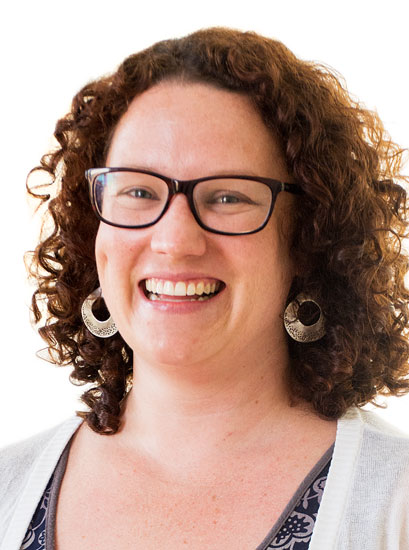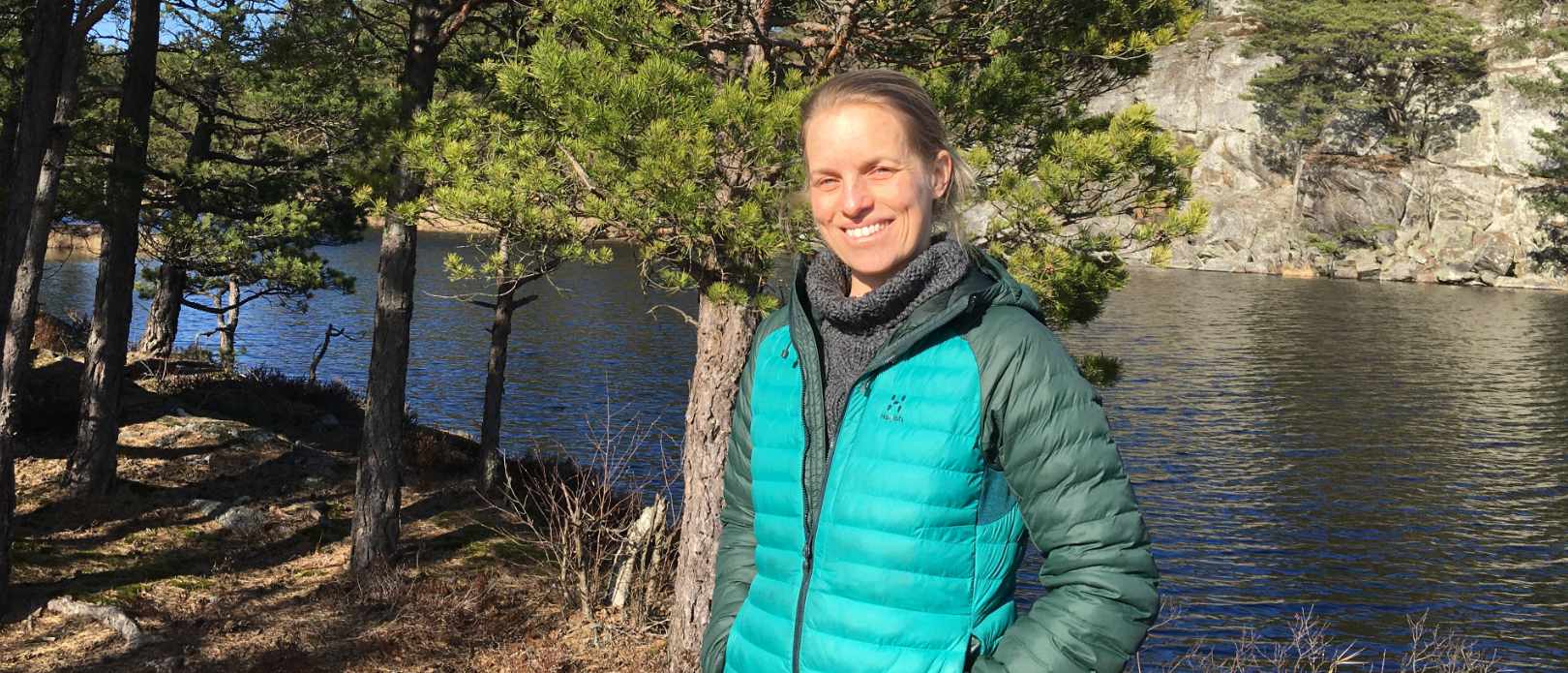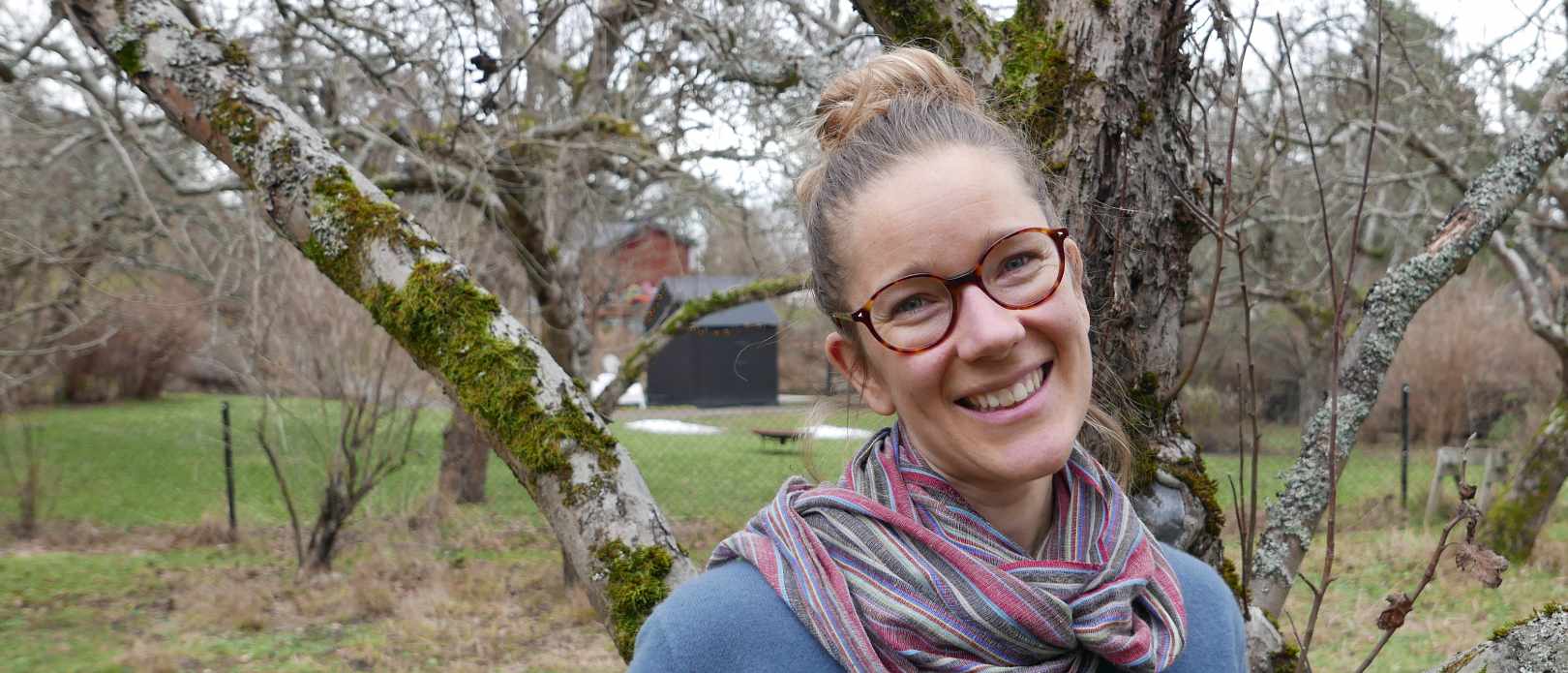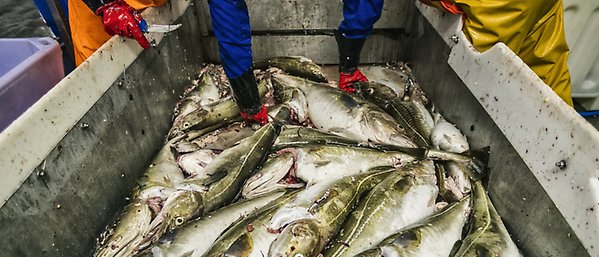RESEARCH PROFILES
Exploring a sense of belonging and care
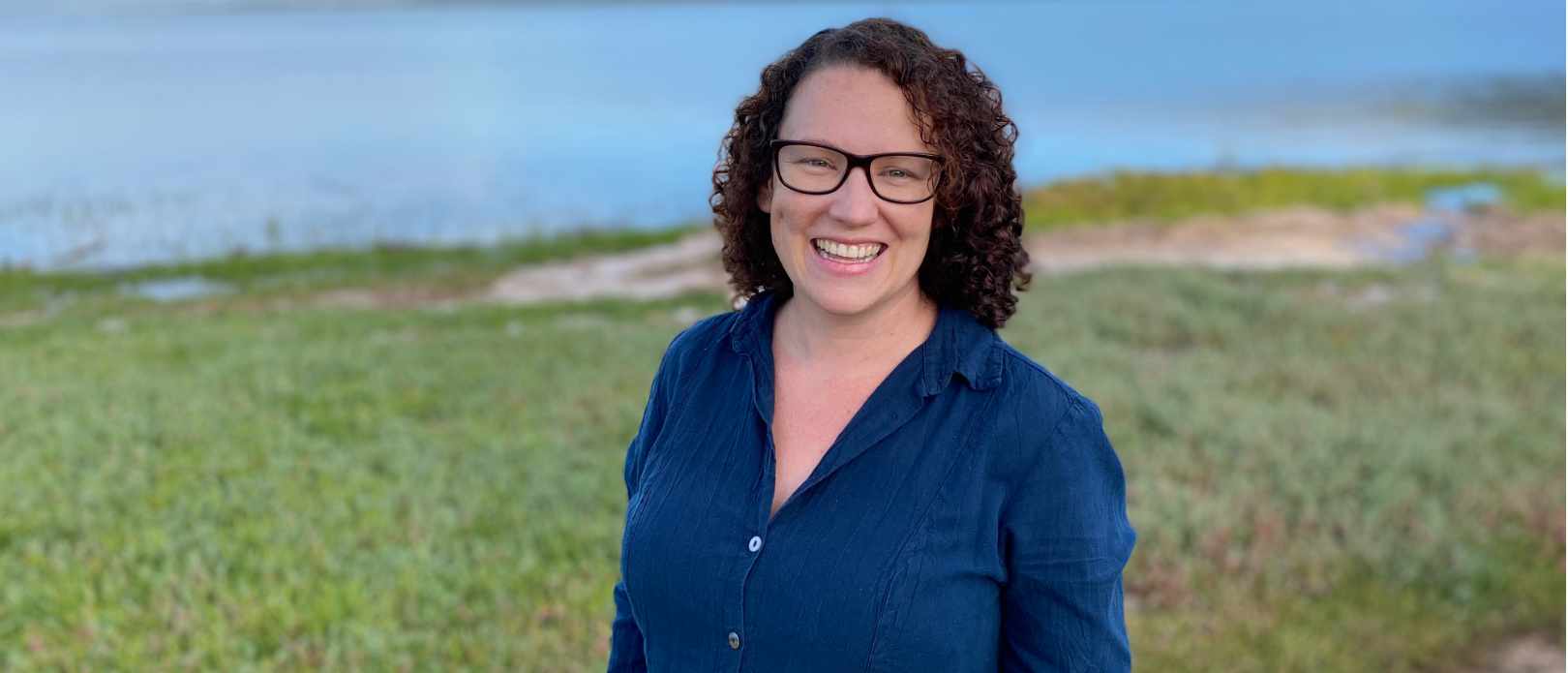
Vanessa Masterson is one of the leaders of the centre's new "Stewardship and transformative futures" research theme.
Vanessa Masterson reflects on why learning more about people’s attachment to places can bring about important change
- In 2020, the centre introduced new research themes to reflect a shift in the centre’s research focus
- One of the new theme leaders is Vanessa Masterson who will co-lead the new "Stewardship and transformative futures" theme
- Masterson’s research explores how the meanings that we attach to place and nature influence our ability to navigate complex environmental changes
Many people are hard at work thinking about how we can reach a fair and prosperous world for both people and nature. But proposed solutions often come from Western science and do not pay enough attention to issues of power and the different ways of being and knowing that exist in different cultures and societies.
How can we overcome this?
We talk to Vanessa Masterson, one of the leaders of the centre’s new research theme on Stewardship and Transformative Futures. She tells us about her exciting research in South Africa exploring the importance of cultural relationships with nature for a sense of place and belonging, why reflexivity is so important in transdisciplinary research, and her priorities for this important new research theme.
Vanessa, you study the role of personal and cultural values in stewardship of natural resources. How did you start working on this?
I’ve always been interested in how people personally relate to the environment, especially in conservation and environmental issues. Starting out in the natural sciences, I have since moved into the social sciences to search for ways of exploring our deeper relationships with nature, and bring this into dialogue with our technical knowledge of ecosystems.
Many of our interdisciplinary ecosystem assessment tools fall short of capturing the nitty-gritty of how nature helps us to cope with hardship - not only on a material level but on an emotional one.
When I was working in South Africa’s Eastern Cape I was really struck by the narratives around indigenous involvement in conservation, which are often based on Western socio-economic realities and ways of relating to nature.
Interventions tend to focus on poverty alleviation and assume that people are only interested in participating if they can make money from conserving biodiversity.
Financial compensation of course matters, but neoliberal narratives can obscure other important reasons why people might be inclined to participate in stewarding ecosystems such as their deep reciprocal and spiritual relationships with nature.
What do you mean by ecosystem “stewardship”?
That’s a good question - many people ask us this! Stewardship can mean quite different things to different people, and together with colleagues, we have explored the different meanings first here and then here.
Some research regards stewardship as a motivation for natural resource management - collective attitudes or preferences that lead to environmental behaviour. Other research views it as an outcome, for example the meeting of conservation targets. It can also be viewed as an ethic or a set of moral principles in the broader sense regarding our responsibility for the environment. Lastly, there is research that views stewardship as action, for example urban greening activities through civic organisations or on-the-ground conservation practice.
My colleagues and I have described a framework that can help us to see stewardship as a boundary object - something that is interpreted in different ways by different communities, but brings people together through a common interest. And it is in the tensions amongst these different meanings where we can find new ideas and learn from each other.
One of these values you study in ecosystem stewardship is sense of place. Can you tell us about your work on this?
I think of sense of place as all the attachments and meanings that we associate with a place. I’ve used this concept to explore how our relationship with place may facilitate change or hinder change in managing ecosystems.
Some of my work explores this in the context of migration. In South Africa the legacy of Apartheid, means there is significant migration from rural homelands and the cities. With insufficient employment opportunities and high levels of poverty in the homelands, many go to cities to find temporary work. This has consequences for the rural landscapes they leave behind: loss of labour, abandoned fields, and implications for small scale agriculture.
While decision makers assume that this is one-way migration, many migrants still hold significant attachments to their rural home and influence the social-ecological landscapes through investing in houses and agriculture. I’m interested in what these ‘left behind’ rural landscapes mean to urban migrants.
I investigate how cultural and personal relationships with nature (such as sense of place) are important for well being and how this informs stewardship of ecosystems.
Where do you want to take this line of research in the future?
In social-ecological systems research, these types of human relationships with nature are often talked about as cultural ecosystem services. But many people are dissatisfied with the term. They see it as utilitarian and a largely Western, neoliberal way of viewing these relationships.
I want to explore alternative ways of describing our place in nature, and the links with wellbeing to rethink some of the “objective” Western metrics we use to benchmark progress in important global priorities like the UN Sustainable Development Goals.
You’re also interested in participatory methodologies that engage more explicitly with Indigenous knowledge systems. How is this kind of research different from the way things are normally done?
Increasingly we are realising that useful and equitable research means engaging with a diverse set of knowledge systems - the varied understandings, skills and philosophies and ways of being held by different societies that inform decision-making about fundamental aspects of managing ecosystems.
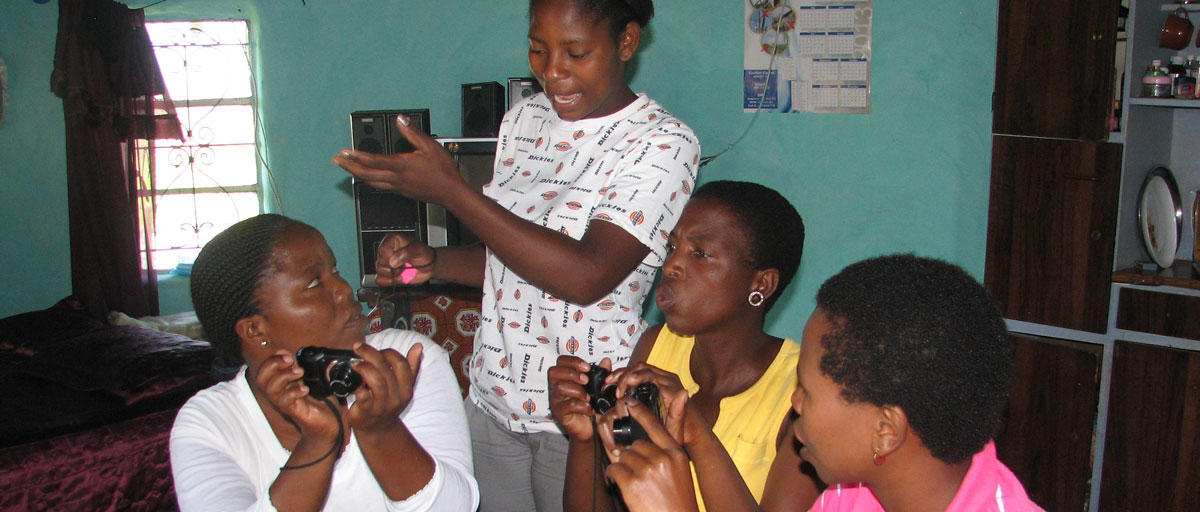
I've used and written about photovoice, which is a method in which respondents take their own photos to reflect on their lived realities and knowledge. It’s a way to quite explicitly engage knowledge holders by shifting the medium from more extractive interactions like interviews to situations where the research respondents lead the process and can do so in any language and without needing to be able to write.
You’ve just been appointed a leader of the new stewardship and transformation theme, which brings together two formerly independent themes. What are your hopes for this new direction?
Bringing the two thematic areas together is both a challenge and a real opportunity. We have such a wide breadth of exciting topics ranging from navigating diversity and inequality within transformations to just futures, to understanding how stewardship and transformation relate to each other as concepts - to name just a few.
So many of our researchers have action components to their work and are making a real transformative impact on the ground. I’d like to foster a vibrant and lively space for deeper discussion, where we are continuously learning from practitioners, facilitated by policy and practice partnerships including and within SeaBOS, Swedbio and the Global Resilience Partnership, and the many transdisciplinary research projects in the theme.
What are you most excited about?
Personally I’m most excited about our focus on reflexivity and responsible knowledge co-production.
Sustainability research is moving away from scientists alone identifying an issue, researching the problem, and then delivering knowledge to society. We’re instead seeing more interactive arrangements between academic and non-academic actors with learning at the heart of these partnerships.
Researchers are individuals with particular interests and biases who engage in research not as robots, but as humans. We also wear many hats in transdisciplinary projects: we are at the same time researchers, advocates and mediators to name a few. I’m excited by the enthusiasm for reflecting on this positionality, especially as researchers who engage heavily in change and transformation processes.
What does this mean for the work at the Stockholm Resilience Centre as a whole?
There is more and more interest around narratives of decolonisation of science. As an institution based in the Global North with researchers working throughout the Global South, I am happy that we are exploring what this means, and how we can both be cognisant of these biases and engage with them.
